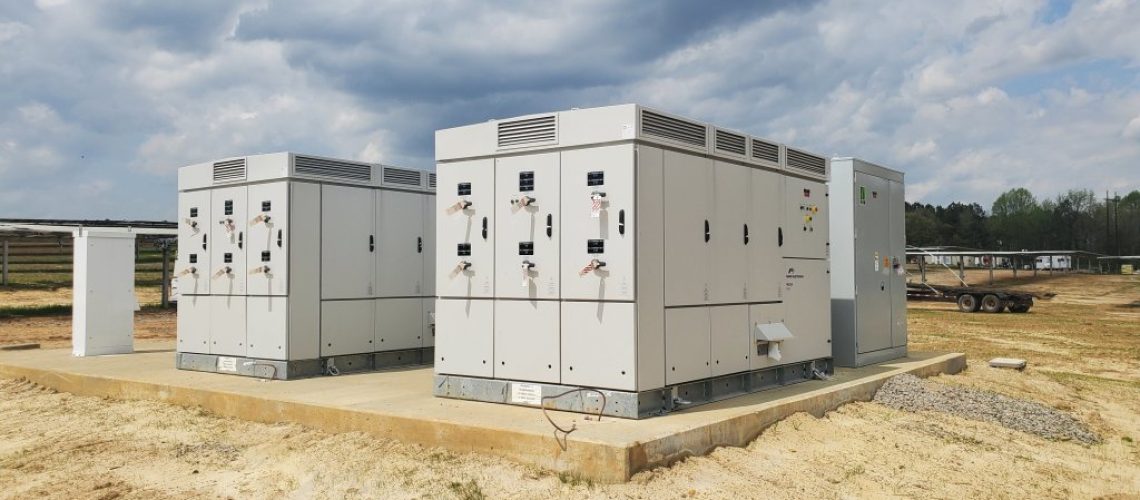Urban will Supply Pine Gate with 4.6 GWh of its rechargeable zinc alkaline batteries over the next five years to provide a choice in storage technology for Pine Gate’s development partners and customers.
Urban Electric Power, the energy storage startup utilizing a similar alkaline battery composition to that found in AA and other household batteries, and Pine Gate Renewables announced that the two companies have signed an Memorandum of Understanding (MOU) for Urban Electric Power to supply an initial 4.6 GWh of its rechargeable zinc alkaline batteries over the next five years to Pine Gate. This will supply the developer’s growing pipeline of solar-coupled and standalone energy storage projects across the country.
Under the terms of the MOU, Urban’s batteries will be supplied to Pine Gate to provide a choice in storage technology for Pine Gate’s development partners and customers, giving said customers the freedom to choose a technology that meets long-term reliability, energy and capacity needs.
The Urban Electric story began 12 years ago, when the company received an Advanced Research Projects Agency–Energy (ARPA-E) Grant for $6 million to design something for the grid, specifically a storage solution that would be comparable in cost to pumped hydrogen, yet not as geographically exclusive. When looking at battery technologies and chemistries, zinc and manganese dioxide made the most sense, as both were already being widely used for battery cells and their supply chains were well established.
Over the course of years of R&D and testing, the company was able to “freeze” the chemical change that naturally occurs in zinc alkaline cells after discharging by adding “certain doping agents like bismuth and copper,” finally achieving both high capacity and rechargeability. Urban Electric has since used this innovation to develop modular batteries that can provide backup electricity for personal use (under the Ohm label), may be installed in a home garage or basement, grouped as part of a commercial microgrid, or installed en masse at grid scale by an electric utility or independent power provider (branded as Zeus).
Urban Electric’s batteries are certified to UL standards as not subject to thermal runaway, and the cells that make up the batteries avoid several issues that have challenged battery expansion and adoption in the past, like high integration costs, short and uncertain supply, and geopolitical complications regarding the sourcing of required materials.
“We’re excited to partner with Urban Electric Power to bring zinc alkaline batteries, a familiar household item, and apply it towards grid-connected utility scale applications for our customers across the United States,” said Raafe Khan, director of Energy Storage at Pine Gate Renewables. “We are committed to supporting our partners and customers with safe, domestically manufactured, scalable, reliable, and durable solutions that they can connect with for their storage needs.”
Urban Electric’s battery solution is part of an ongoing pilot demonstration at the San Diego Supercomputer Center (SDSC), replacing 20,000 pounds of toxic lead-acid batteries formerly housed at the center with a safer, environmentally friendly and cost-effective alternative, and more than doubling the available battery backup electricity.
According to Urban Electric, the goal of the project was not just to update the chemistry of the battery backup system onsite, but increase the amount of energy being stored, as the growth of the center made its initial battery backup system less effective in the event of an outage. There are 5,200 individual alkaline cells in SDSC’s initial installation, which stores 1 MWh worth of electricity and replaces an array of lead-acid batteries now being recycled. An additional 5,200 cells are on the way for Phase 2 of the installation, which is expected to be commissioned this summer at the San Diego site.



